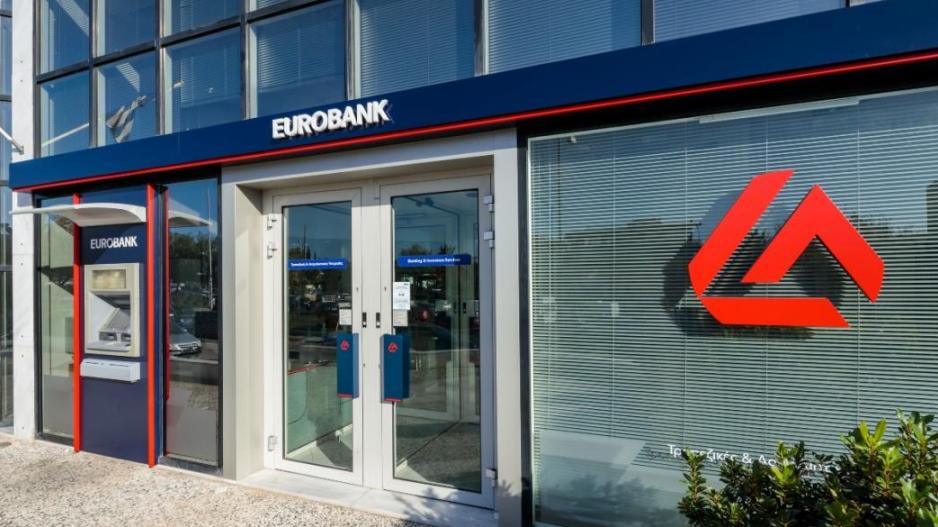Eurobank Eyes Cyprus as IMEC Gateway in Post-Hellenic Bank Push
After acquiring Hellenic Bank, Eurobank lays out ambitious plans to turn Cyprus into a financial gateway linking Europe with India and the Gulf.
Eurobank is doubling down on Cyprus, positioning the island as a central pillar in its international growth strategy for the years ahead. Following the acquisition of Hellenic Bank, the Greek banking group aims to transform its presence in Cyprus into a major financial and investment hub, tapping into the emerging India-Middle East-Europe Corridor (IMEC).
Speaking during the group’s annual general meeting, Eurobank CEO Fokion Karavias described Cyprus as a “gateway of capital and investment” in a shifting global landscape that increasingly favors new geopolitical and economic alliances. “The island offers Eurobank a unique opportunity to serve as a bridge between Europe, India, and the Gulf region,” Karavias noted.
The integration of Hellenic Bank into the Eurobank Group is already in motion, with legal merger procedures having commenced. The objective, Karavias said, is to establish a pioneering financial institution capable of driving economic development in the Eastern Mediterranean and serving as a launchpad for further expansion into key international markets.
This strategic shift comes amid broader global ambitions. Eurobank’s business plan for 2025–2027 includes increasing its international earnings to 55% of total profits by 2027. Cyprus is expected to play a central role in this effort, especially as the group deepens its foothold in wealth management and private banking, while also exploring opportunities in markets like India and the United Arab Emirates.
Beyond expansion, Eurobank aims to become a cornerstone of Cyprus’s financial system. With the backing of Hellenic Bank's market share, the group is well-positioned to enhance credit availability, support housing finance, and fund development projects across the island.
The bank's leadership has also stressed the importance of addressing structural economic challenges — such as demographic pressures and housing — through targeted investment and innovative financial products. This includes support for vulnerable borrowers and participation in initiatives to ensure broader housing access.
On the financial side, Eurobank Group reported record earnings for 2024, with net profits reaching €1.45 billion, including a €99 million gain from increasing its stake in Hellenic Bank. The group now manages over €100 billion in assets, more than €50 billion in loans, and €75 billion in deposits, while its non-performing loan ratio has dropped below 3%.
To reward shareholders, Eurobank will distribute €674 million this year through a combination of cash dividends and share buybacks — the highest capital return among Greek banks. The dividend payout for the 2025–2027 period is expected to be at least 50% of annual profits.






